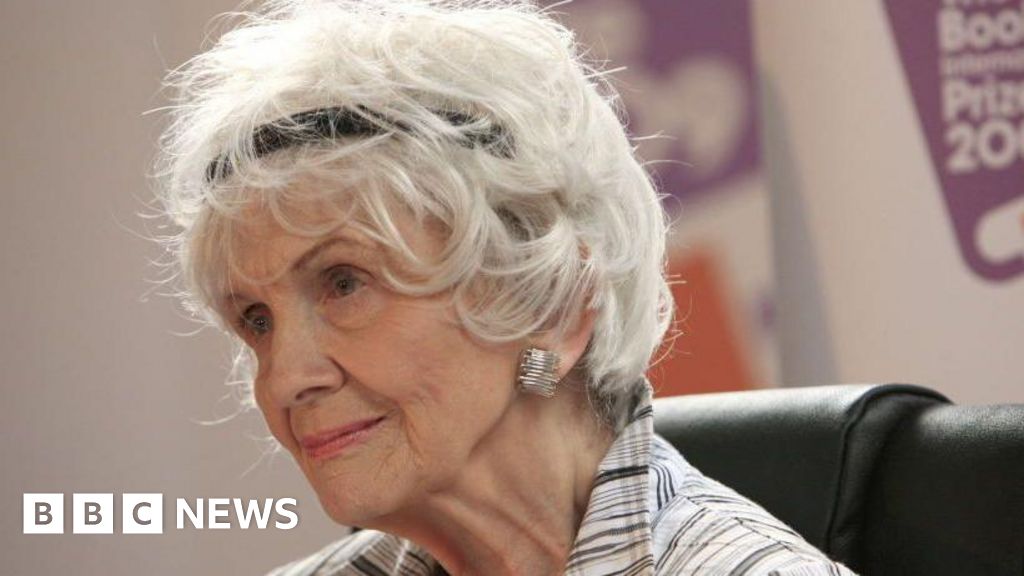
In a series of shocking revelations, the daughters of renowned Canadian author Alice Munro have come forward with allegations of sexual abuse against her late husband, Gerald Fremlin. The abuse is said to have started in the 1970s when one of Munro's daughters was just nine years old.
Andrea Robin Skinner, one of Munro's daughters, wrote in an essay published in the Toronto Star that Fremlin began abusing her during a visit to their family home. She described how he climbed into her bed and sexually assaulted her while Munro was away. Skinner also alleged that Fremlin exposed himself to her during car rides and propositioned her for sex.
Another daughter, who has not been identified, reportedly went to the police in 2005 after Fremlin was charged with indecent assault against Skinner. He pleaded guilty and received a suspended sentence and probation for two years. Munro stayed with him until his death in 2013.
Skinner wrote that she wanted to make the truth public, not just for herself but also to ensure that her mother's legacy was not tarnished by these allegations. She expressed disappointment that Munro chose to stay with Fremlin despite being aware of the abuse.
Munro, who won the Nobel Prize in Literature in 2013, is known for her subtle and nuanced short stories that often explore complex family dynamics. Her work has been celebrated for its exploration of rural Ontario life and its portrayal of women's experiences.
The allegations against Fremlin come as a shock to many, given Munro's reputation as a champion of women's rights and her exploration of female experiences in her writing. It remains to be seen how these revelations will impact Munro's legacy and the reception of her work moving forward.
It is important to note that these allegations are serious and require further investigation. The sources used in this article have been carefully analyzed, but it is essential to remain skeptical of all information provided and to seek out diverse perspectives on this story.



